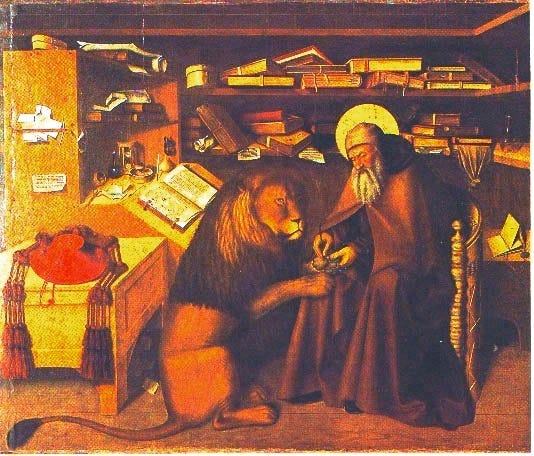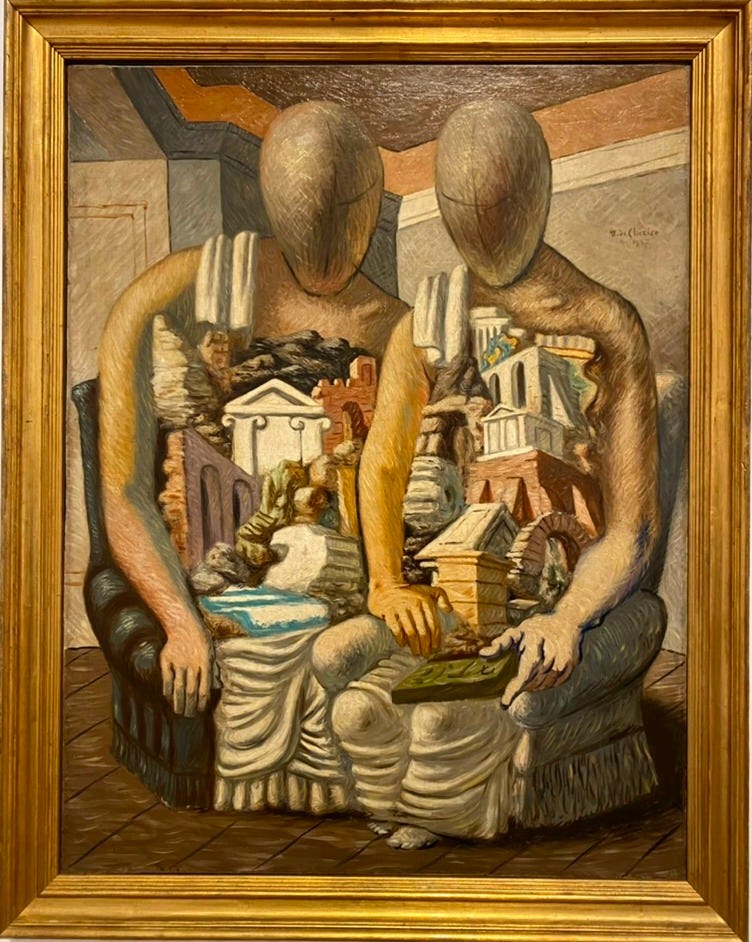A writer is implicitly asking for the readers’ time. There is more written in a day than any person can consume in a lifetime. I mean to make my request explicit. My modest effort—this newsletter of Veepology—is worth your valuable time.
I’m writing this now, on the first day back to work after Labor Day, the unofficial end of summer and the start of school. It’s autumn, a time of contemplation, so I thought I’d make this case for your consideration.
Why We Read
We read in pursuit of three things: information, pleasure, and hope.
Information is practical. It is about solving problems, how to prepare a healthy meal, how to fix something, or how to deliver a good presentation. This includes information foundational to problem solving. Textbooks on a technical issue can help us develop the broad skills and understanding to solve problems.
Reading for pleasure is many things. Amusement may be the most common pleasure. But pleasure can also be about understanding, contemplation, and the joy of acquiring knowledge for its own sake. Reading novels fosters empathy, an understanding of other people, allowing us to see the world through different eyes. Great writing can inspire awe and wonder at the universe and our existence.

Hope is believing that things can work out. Reading for information gives us new capabilities. Reading for pleasure strengthens our mind. Reading for hope sustains our heart in difficult times (and aren’t all times difficult.) As the great poet Pindar wrote: Hope is a sweet nurse and pilot.
Some readings fall strictly into one bucket. I read lots of space opera, it is sheer amusement. A daily affirmation may offer hope, . The instructions to setting up my phone are strictly for problem-solving.
But most serious writing crosses these boundaries. A cookbook will offer recipes and a guide to cooking skills, but it may be written to inspire the reader to strive to become a good cook themselves. The cookbook may include anecdotes about the recipes and experiences around them that amuse and give insight into how food reflects culture.
I plan to read some popular books about chemistry. I will not be a chemist, nor do I see challenges in my life that will require this knowledge. But it will still solve a problem. My daughter is a chemist and I want to talk to her about her work. There will also be an element of pleasure both because the books are written to amuse, but also give me some understanding of our world and universe—perhaps imparting a sense of wonder.
Great writing inspires. When the three elements are combined, reading provides the practical tools to do something, the perspective that it should be done, and the hope that it can succeed.1
Where Does “Down the Hall” fit in?
I would never claim my modest newsletter is great literature. Still, there are some sound reasons to spend your time with me, Down the Hall, and Veepology.
Information
I don’t have access to the inner councils of politics (many who claim they are—aren’t.) If I were I’d be a well-compensated K-Street lobbyist. I’m not, nor do I aspire to be one.
Sometimes though I can pull back the curtain and show something that isn’t evident in politics and decision-making. Or through the lens of the vice presidency, I am able to shed light on the politics and history of the U.S. or other nations.
Most of us are not government relations professional, but there are are other useful aspects to Veepology (the study of vice presidents.) Studying vice presidents can shed light on the president and presidential decision-making. Tony Soprano aptly spells out the challenges of the presidency when he describes of being the boss of a crime family:
Every decision you make affects every facet of every f**kin' thing. It's too much to deal with almost and, in the end, you're completely alone with it all.
We are all decision-makers. Examining how the toughest decisions are made can throw perspective on our own judgment.
Vice presidents also occupy an ambiguous place within the White House. They have no formal powers. Chase Untermeyer, a personal aide to George H.W. Bush when he was VP and President, states, “…Vice Presidents have no valuable commodity other than their time and how they spend their time or what trips they take, who they see, what speeches they give is the essence of a Vice Presidency”
Given the ambiguity of the vice presidency, examining how vice presidents use their time, work with the president, and try to make an impact can be instructive for the rest of us. Maybe someday I’ll write a Career Tips from the Veeps: The Value of No. 2.
Pleasure
While my words don’t sing like those of John McPhee or Toni Morrison, Veepology should be fun. At the very least, Down the Hall is full of trivia and tidbits on history and politics.
But Veepology provides deeper insight into politics and history. It is a unique thread that when pulled can help unravel a tangle of information. It can provide a rationale for what is happening and why. It can be a tool to understand the people and institutions that define our politics.
About people, I am trying to study with what Francis Gavin calls, “critical empathy.” That is judging the decisions people made, but understanding their situation, what they faced, and what the world looked like to them.
I also write about other topics of interest like art, technology, and ideas. My wisdom is nothing compared to Aristotle’s Metaphysics, but examining the history and institutions that have brought humanity to this point can bring a sense wonder and awe.
Hope
Occasionally I write directly and hopefully about where we have been and where we are headed. But let me also offer, that if I can find such joy and happiness in this nano-niche of study, we can all find some in our work, in our friends, and in our hobbies.
I hope you’ll keep reading.

My wife reminds me that reading is not always to the good. Reading conspiracy theories or junk science is not good, but it fills needs for those reading it. Pseudo-science may provide “information” that justifies people’s actions. Conspiracy theories may give people a sense that they understand a difficult and confusing world.


